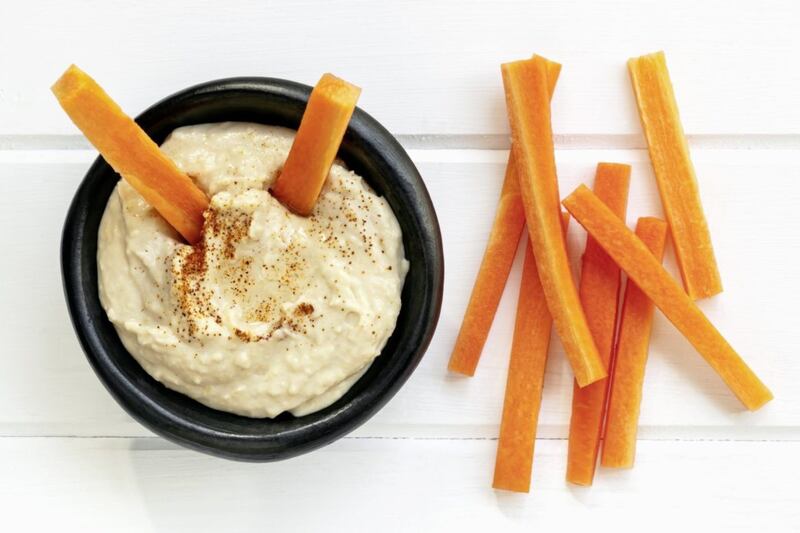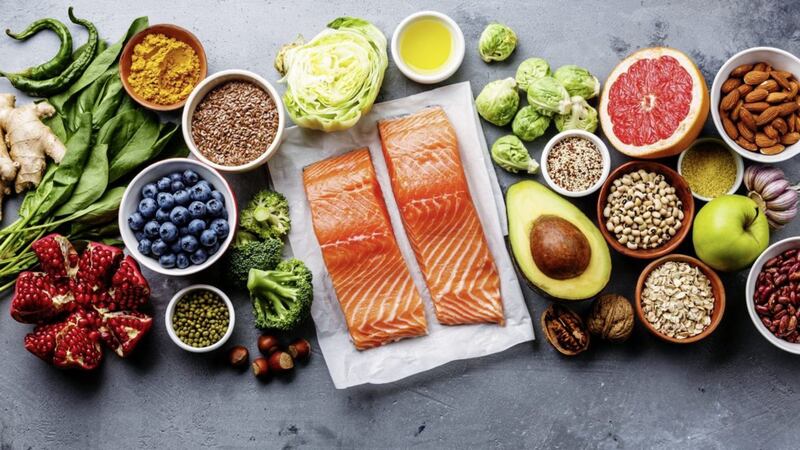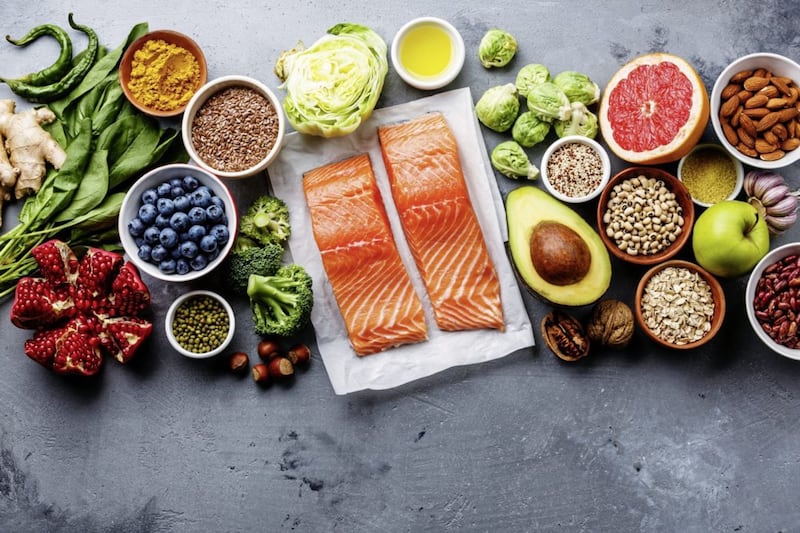AS EXAM season starts and GCSE and A-level exams get under way, good nutrition could be the key to helping students cope a little better with stress, as well as having an impact on memory and concentration.
Here are my top tips for eating to survive exam season:
:: Keep well hydrated.The first sign of dehydration is fatigue. The very best way to keep well hydrated is simple – drink more water. Around one and a half litres is about right for most people.
Keep a bottle in the fridge, or set a glass on your desk to sip while you are revising, rather than drinking lots in one go. Slow and steady is the best way to keep hydrated.
:: Fuel your brain with a healthy breakfast. Research shows that students who eat breakfast have better concentration, improved memory and less stress than those who don't. Choose a low-sugar breakfast such as Weetabix or, if you are not a cereal eater, how about peanut butter on wholemeal toast? Alternatively try making up a brain fuel smoothie by blitzing frozen fruit, some milk and yoghurt in a blender.
Sugar and refined carbs like white bread zap energy levels and leave us ending up feeling fatigued and fed up – not an ideal pre-exam state to be in. Swap to slower, more sustained-release types of carbohydrate like wholemeal or wheaten bread, brown rice or wholegrain cereals.
:: Sugar and caffeine might sound like a tempting treat to give you an energy boost, but these types of foods and drinks lead to a crash. Instead, have some healthier treats in to help fuel your revision – things like dark chocolate with some nuts, or yoghurt and berries are good choices.
:: Some brain foods to add to the shopping list are bananas, porridge oats, almonds and natural or Greek yoghurt. These foods contain a serotonin pre-cursor called tryptophan, which is thought to help keep us feeling calm, without feeling drowsy.
:: Add some good fats into your diet in the form of oily fish (eg mackerel, sardines, salmon), nuts and seeds – these foods are rich in omega 3 and 6. Omega 3 in particular has been found to aid concentration.
A supplement for brain power
Much research indicates that Omega 3 helps to support concentration and memory, and a local brand called Paradox Oil are a good option.
B vitamins in combination with an extract from green tea called theanine can help balance exam nerves and keep the mind sharp. Higher Nature do a supplement called Concentration Support, suitable for children over 13 years old.

The Optimum Exam Day Diet
On exam day itself, make sure to eat food that will work hard to fuel your body and brain well. Here are some ideas:
Breakfast: Eggs on wholemeal toast or a low-sugar, wholegrain cereal such as Weetabix.
Lunch: A wholemeal pitta pocket packed full of chicken, with salad and some mustard or houmous, or a pasta and tuna salad with sweetcorn, peppers, grated carrot and scallions.
Snacks: A banana and a handful of nuts or fruit and yoghurt
Dinner: A well-balanced evening meal will nourish your body and refuel your brain after a hard day at the books. Whether it is spaghetti Bolognese, chilli or a roast dinner, make sure you include some vegetables, slow-release carbs (like pasta, rice, potatoes or sweet potato) and a portion of protein – meat, fish, chicken or pulses.
Supper: A small snack at bedtime might help you sleep better and wake feeling refreshed. Houmous and veg sticks, or some sugar-free peanut butter on toast will do the trick.
facebook @vitalnutrition1
twitter @vitalnutrition



